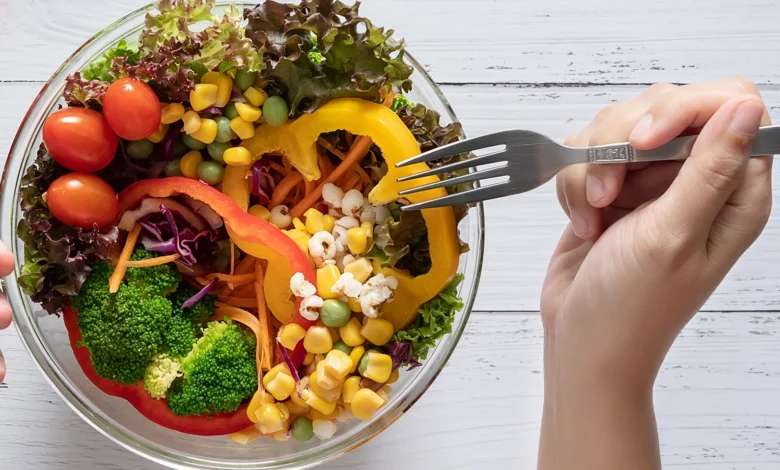Supporting a Healthy Body With Nutrient-Dense Foods

You’ve probably heard it said that you are what you eat. Your overall health depends on proper nutrition, and the foods you eat have to do much more than just keep you full until your next meal. To support a healthy body, you need to consume enough essential nutrients; these are the compounds your body needs to survive, but can’t create enough of (or at all) on its own. They are:
- Protein
- Fat
- Carbohydrates
- Vitamins
- Minerals
- Water
To provide your body with maximum benefits, look for nutrient-dense foods to fill your plate on a regular basis. These options are excellent sources of what your body needs to thrive, without too much of what it doesn’t.
Table of Contents
The Best Nutrient-Dense Foods To Add to Your Diet
Just because a food is high in one of these nutrients doesn’t mean it’s a healthy choice. Follow these suggestions and ideas to help you make the right choices when selecting nutrient-dense foods.
Protein
Protein keeps your muscles healthy and strong, including your heart, and provides your body with long-lasting energy. Look for lean sources, such as boneless skinless chicken, Greek yogurt, white fish, egg whites, and beans. Some other sources of protein contain some fat, but are rich in other nutrients too, making them a healthy choice overall. Salmon, nuts, and some dairy products fall into this category.
Fat
In general, most adults in the United States have way too much fat in their diet, thanks to eating out and indulging in junk food. However, nutritional research has taught us that not all fat is bad and your body does need it to protect your cells and maintain energy supplies. You’ll want to shop for options that are considered healthy fats, which means they are low or devoid of saturated or trans fats. Olive oil, avocados, seeds, fatty fish, and nuts or nut butters are nutritious choices.
Carbohydrates
Simple carbohydrates, like those found in refined flour and sugar, aren’t great for your body. They can spike blood glucose levels, cause inflammation, and lead to weight gain. On the other hand, complex carbohydrates are beneficial for numerous reasons. They keep you satiated, promote cardiovascular health, and provide long-lasting energy. Whole grains are an excellent source, including brown rice, oatmeal, quinoa, and whole-wheat pasta.
Vitamins
You can find vitamins in practically every food, but they are most abundant in fruits and vegetables. While consuming cooked, frozen, or canned can still offer some nutritional value, some types of food preparation can alter the vitamin content in produce. Therefore, consuming them raw is best. While it’s important to eat a healthy dose of fruits and vegetables, (five servings a day is the recommended minimum), eating a wide variety can be just as important. The more colorful your diet, the more diverse the vitamins you’ll consume, better supporting a healthy body overall.
Minerals
Minerals are found naturally within the earth, so it makes sense that fruits and vegetables are an important source. However, many animal products contain even more essential minerals, including calcium, phosphorus, and iron. Meat, fish, and dairy products can have a rich mineral content that’s very beneficial, especially if you choose lean or low-fat options. Sodium is also essential, but salt your food with care; most Americans already consume way more than they need.
Water
Most people know that water is essential for life, but they still struggle to drink enough. Health experts recommend that most adults drink somewhere between two and three liters of water on a daily basis, but many fall woefully short. You can get creative about increasing your intake by documenting it, setting reminders on your phone, or investing in a refillable water bottle you can keep with you at all times. You can also eat more foods that are full of water, including watermelon, tomatoes, cucumber, and lettuce.
When you choose to add more nutrient-dense foods to your diet, you can support a healthy body and mind. Make smart choices and go for options that provide maximum nutritional benefits to make the most of every meal.
VIsit more Article : forbesblog.org




